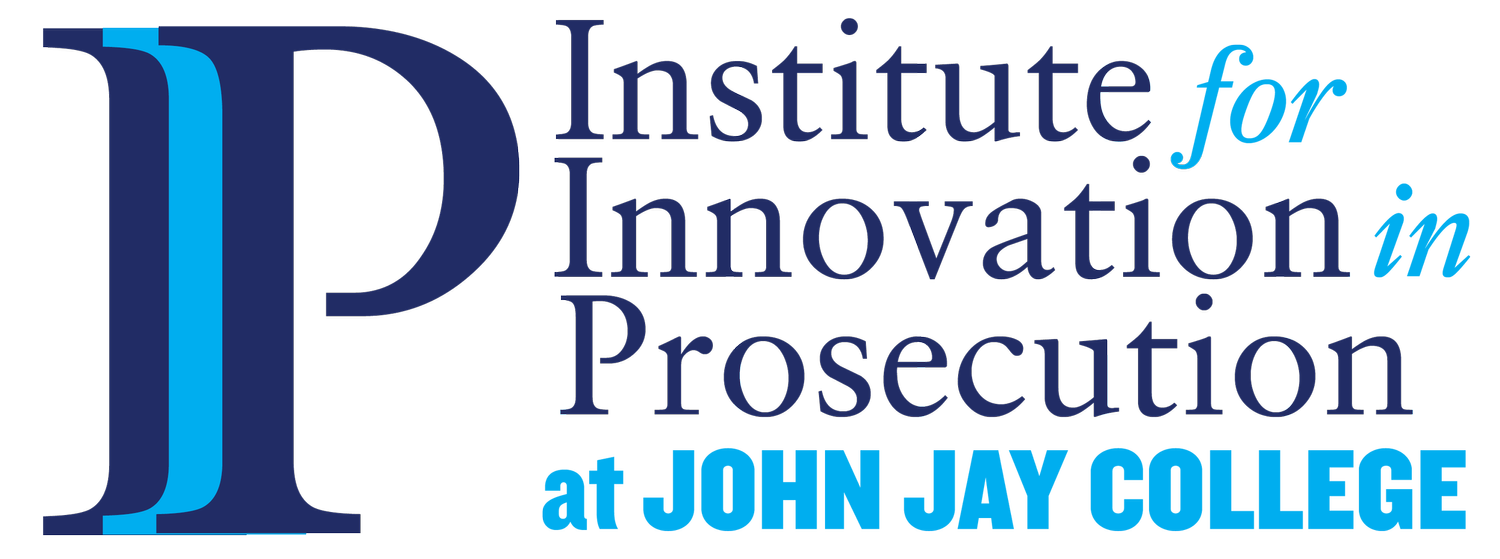Why Culture Change for Prosecutors is ‘More Than Hiring People of Color’
The Crime Report | July 17, 2020
The killing of George Floyd, close on the heels of the murders of Breonna Taylor and Ahmaud Arbery, was the last straw for millions of Americans, sending them to the streets calling for changes to our criminal justice system—and it’s also a “wake up call” for elected prosecutors, write 11 of the nation’s top DAs and legal experts.
In an open letter released today, the signers acknowledged that being forced to reflect on their role was “uncomfortable but familiar territory.”
“It was a wake-up call for elected prosecutors who wield an enormous amount of power in criminal cases,”the letter said.
“For some prosecutors and their staff of color, particularly Black and Brown prosecutors, reflecting on their role in a system that harms communities of color was uncomfortable but familiar territory. For many, however, it was a true and long-overdue awakening that shifted how they view their work and themselves. ”
The remainder of the letter is reproduced below:
This past summer, chief prosecutors across the country held meetings with their line prosecutors to listen to their concerns and fears about what their role in an unjust system meant professionally and personally.
During these meetings, line prosecutors described an office culture that at times lacks a commitment to racial equity. These were some of the most difficult conversations prosecutors have ever had at work – all the more remarkable considering prosecutors interact with victims of horrific crimes every day and are accustomed to emotional discussions.
For all prosecutors, even harder than implementing innovative policies, is changing an internal culture that fails to prioritize racial equity. To be clear, the vast majority of prosecutors do not enter the field with the intention of contributing to mass incarceration or racial disparities.
Instead, most prosecutors embark on their careers out of a passion to support survivors of crime and ensure public safety. However, if George Floyd’s murder has taught prosecutors anything, it is that change needs to happen internally before reform takes place externally.
Prosecutors may be tempted to prioritize increasing diversity among staff, and with good reason: as of 2019, 75 percent of elected prosecutors are white men, and line prosecutors are disproportionately white as well.
By contrast, Black Americans “are incarcerated in state prisons across the country at more than five times the rate of whites, and at least ten times the rate in five states.” As a result, prosecutors rarely come from neighborhoods most impacted by the legal system and lack proximity to the harms inflicted on those communities. But diversity in prosecution is insufficient to fix a systemic problem.
Prosecutors must ensure that their staff — regardless of their racial identity — understand the fraught history that spawned the disparity between their line assistants and the people they prosecute. Reform-minded prosecutors will only succeed in implementing their new policies if they have mission-aligned attorneys working for them.
Without cultivating office buy-in and an understanding of the reasoning behind new policies, chief prosecutors cannot change the trajectory of our criminal legal system.
In other words, while diversity in hiring is part of the solution, it is just one step in a long and challenging process to create a culture of racial equity within prosecutors’ offices.
Last December, the Institute for Innovation in Prosecution at John Jay College (IIP) convened elected prosecutors and other community leaders to explore how prosecutors can better promote racial equity within their offices.
The result is an Action Guide that encourages chief prosecutors to implement internal policies that emphasize racial justice and support prosecutors of color. The numerous recommendations include fostering essential conversations about race, implementing an educational curriculum about the true racial history of the United States, and a commitment to examining practice and policy through an anti-racist lens.
Critically, the Action Guide also recommends a major shift in how we measure success. Chief prosecutors must stop celebrating only line attorneys who perform well at trial or indict large numbers of people. Instead, the guide recommends placing a premium on staff attorneys who successfully divert the accused from incarceration into treatment programs, or who uncover instances of police misconduct and wrongful arrests.
Make no mistake, changing the color of the prosecutorial staff is vital, as are external reforms like charging and alternatives to incarceration. But they will not shift the internal culture that has caused such tremendous damage to people of color.
Rather, elected prosecutors must delve deeper, self-reflect, lead by example, and instill values of racial equity among their staff to ensure that their vision for change translates into a real difference in their communities.
This letter was signed by:
Sherry Boston, District Attorney, DeKalb County, GA; Chesa Boudin, District Attorney, San Francisco, CA; John Choi, County Attorney, Ramsey County, MN; Darcel Clark, District Attorney, Bronx County, NY;
Kim Foxx, State’s Attorney, Cook County, IL; Sarah George, State’s Attorney, Chittenden County, VT; Alissa Marque Heydari, Deputy Director of the Institute for Innovation in Prosecution (IIP); Stephanie Morales, Commonwealth’s Attorney, Portsmouth, VA;
ShanaKay Salmon, Creative Associate at the IIP; Cyrus Vance, Jr., District Attorney, New York County, NY; and Lynneice O. Washington, District Attorney, Jefferson County- Bessemer Cutoff, AL
